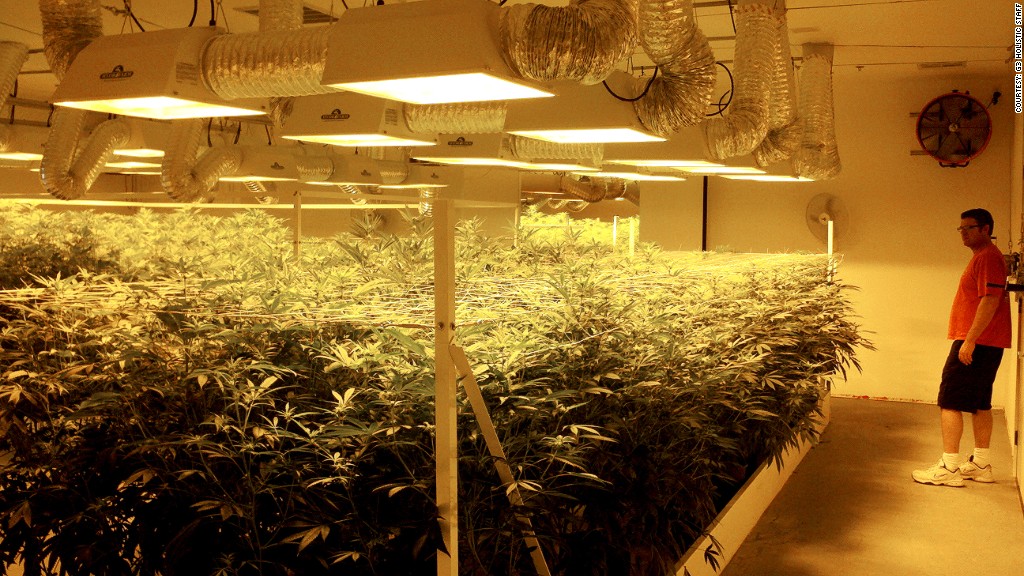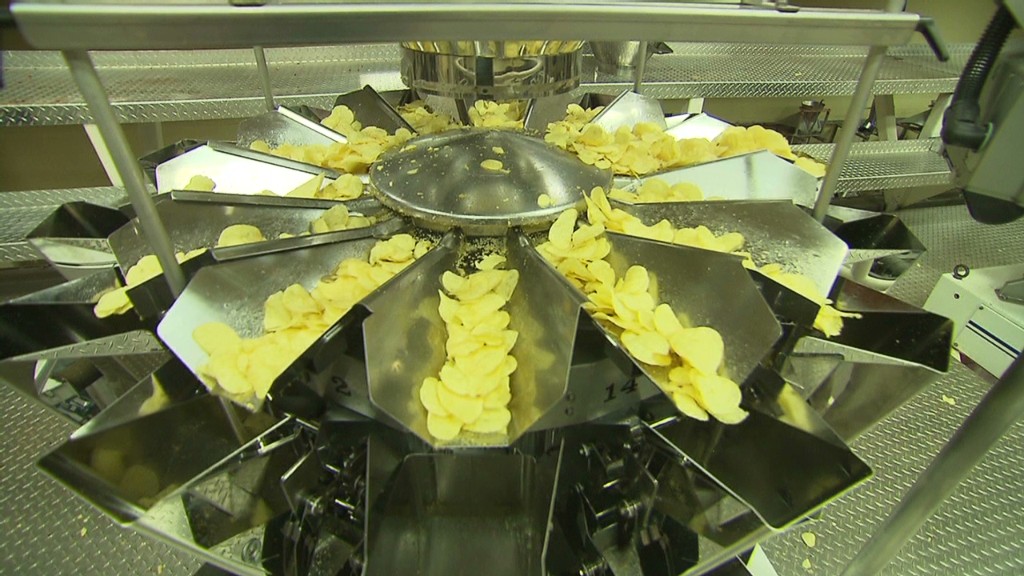
California's medical marijuana industry has enjoyed several years of fast growth, but legal crackdowns now threaten to wipe it out.
Since 1996, the state has allowed marijuana growers and distributors to operate legally with little oversight. All it takes is a doctor's note or a claim that one is a "caregiver," a loosely interpreted term. More than 1,000 dispensaries are in business, employing thousands more and providing state and local governments as much as $105 million in taxes each year.
But federal prosecutors are getting tougher. Last year, law enforcement agents seized 3.9 million plants and could collect more this year.
Marijuana advocates say the attack collides with California's law and goes against a campaign promise by President Obama to not circumvent the state's relaxed rules. But California's four U.S. attorneys, who banded together last year, cite a need to combat spillover to states where the substance isn't legal.
U.S. Attorney Ben Wagner justifies raids on the presumption that more marijuana is grown in the fertile lands of his Eastern District than can ever be legally consumed.
"There was an explosion of marijuana production, and it's everywhere," he said. "And it's being shipped across the country."
Related video: Getting grandma to try pot
California cities are also on the attack, imposing new regulations to contain an industry that has grown out of control.
In some cities, streets are lined with dispensaries and doctors who, with minimal examination, hand out notes suggesting marijuana treatment.
What were supposed to be nonprofits routinely make sales upwards of $3 million a year, according to several tax court records. And these businesses often prefer to keep supply and retail transactions cash-only to avoid drawing attention from government authorities.

California now has a patchwork of inconsistent laws, making for a confusing business environment. An outdated list kept by the pro-cannabis group Americans for Safe Access shows that in California, 46 cities and 10 counties allow the drug, 178 cities and 20 counties don't, and the rest have temporary measures or none at all.
That means a business could be complying with state rules but violating a local ordinance and breaching federal law.
"It's a mess," said Charley Pappas, who until recently ran Divinity Tree Patients Wellness Cooperative, a marijuana dispensary in San Francisco.
Like most driven to open their own dispensaries, Pappas started using the drug long before he opened a storefront in 2005. A gunshot wound from a 1973 home invasion robbery in Philadelphia left him a quadriplegic, and marijuana's analgesic effects ease his muscle spasms. He launched the cooperative to offer others similar treatment, supplying nearly 7,000 patients until his landlord received a stark warning from the federal government: kick him out or lose your property.
Related: Inside the 'Social Network' house
The tangled web of laws also ensnared Aaron Sandusky, whose dispensaries once supplied close to 12,000 patients. His stores, G3, were located in Colton, Moreno Valley and Upland, and each instituted bans. Although he kept documentation to show patients had doctors' notes for thousands of plants he grew, it wasn't enough. The killing stroke came with the Drug Enforcement Agency when officers raided his stores and pot-growing warehouse.
"I went above and beyond to make sure we were operating under the guidelines of the state," Sandusky said. "I didn't expect any of this."
Sandusky and five co-workers were arrested June 14 and charged with conspiracy to manufacture and intent to distribute. He spent the next eight weeks in jail. Agents seized his money and crop. Sandusky, out on bond but forced to stay at home, wears a court-ordered ankle bracelet monitor.
The raid also left the company's 50 full-time workers unemployed and without health benefits. Similar events occur every week in California, with government agents closing down businesses that claim to be legitimate under state law.
Sandusky and others remain adamant they only operate locally and legally -- and they're desperate to find a way to follow the rules and be left alone.
"No one's shown me a number saying you can't exceed this many plants. I would love that kind of input and guidance," Sandusky said.



